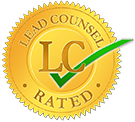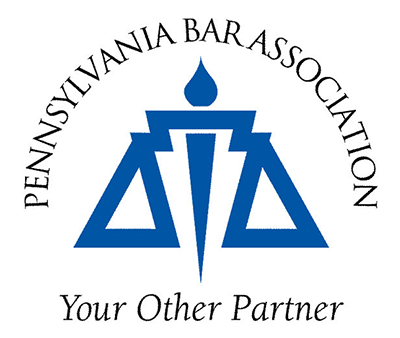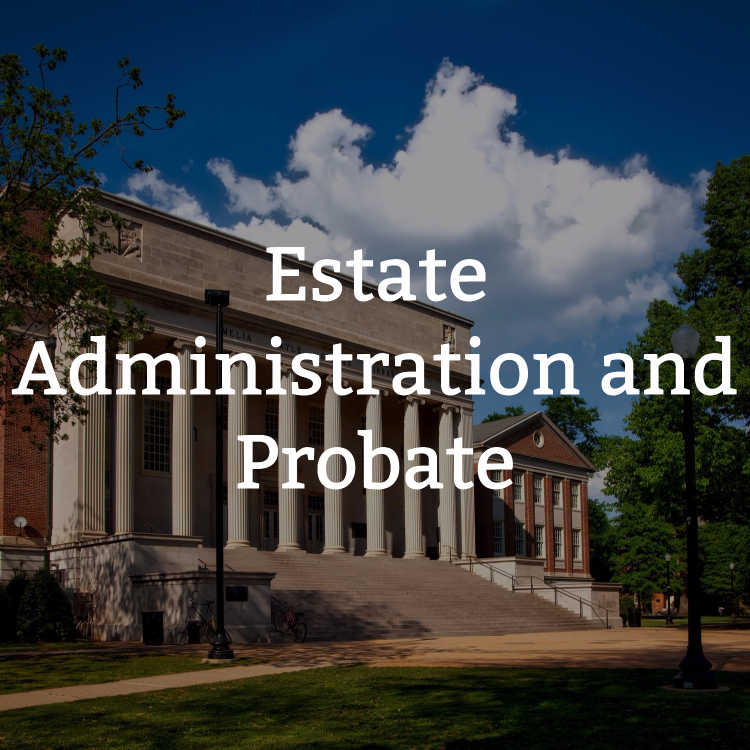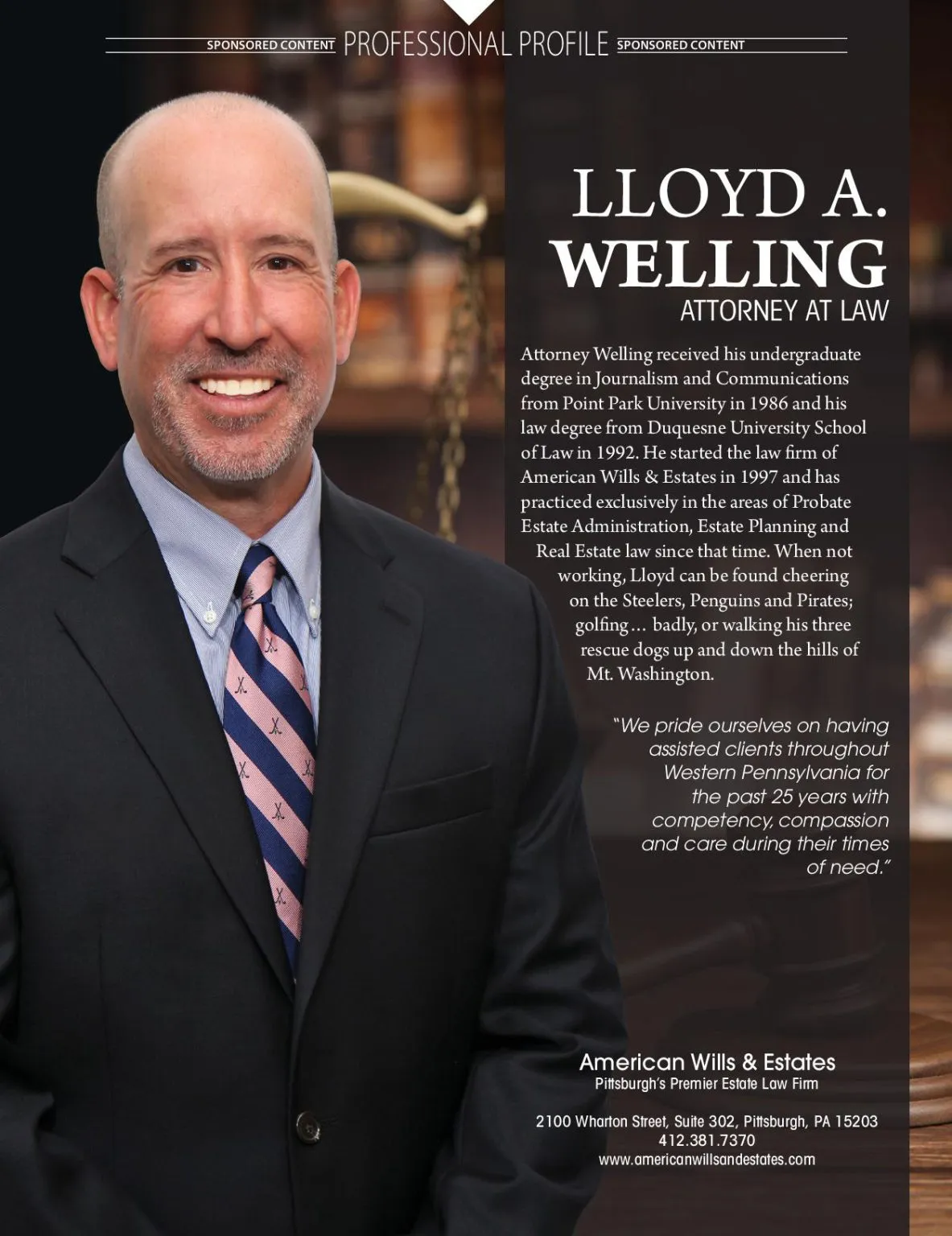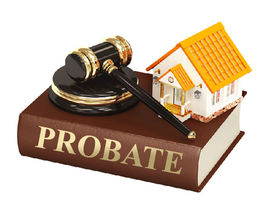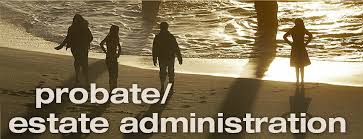If you’ve recently experienced the loss of a loved one and find yourself faced with the task of administering their estate, don’t rush into hiring an estate attorney until you fully understand how they are going to charge and how much the whole process is going to cost.
What Do Estate Attorneys Charge?
Typically, estate attorneys charge for their services in one of the following three manners: on a percentage basis, by the hour or for a flat set fee. So what does that really mean? Well, if the attorney proposes a percentage basis and tells you that his or her fee is going to be based upon five (5%) of the value of the estate, that roughly translates into a five thousand dollar legal fee on a small estate worth just $100,000. Doing simple math that means you could be paying as much as $20,000 on an estate that is worth $400,000. The other big problem that comes into play when you engage an attorney on a percentage basis is the question of what assets are they going to consider as being part of the estate when they’re calculating their fee. Namely, any asset that contains either a surviving joint owner or designated beneficiary should really not be considered as an estate asset, but, all too often, get thrown into the pot by the attorney when determining their percentage based fee.
How Are Estate Attorney Fees Calculated?
So does that mean it’s better to hire an estate attorney on an hourly basis? Not so fast. The problem with this type of arrangement is that you will literally have no idea how much the whole process is going to cost you until you get to the very end. Namely, a two hundred dollar an hour attorney fee may not seem that bad, but you might be in for a real surprise when you get the 15 page billing invoice at the end of the day. Likewise, when you enter into these types of arrangements you are often not only being charged an hourly rate for the attorney’s services, but also an hourly rate for the paralegal and other office support staff that may be utilized by the attorney during the process. This type of arrangement also means that you are going to be charged for every meeting, telephone call, communication, letter, tax work, pleadings or other services being provided. As you might image, this type of billing arrangement can get very expensive very quickly.
Flat Fee Estate Planning
So that leaves us with the last type of billing arrangement, the flat fee basis. As the name would imply, this means that you are going to know up front precisely what you are going to pay to have the estate administration process completed. Does this mean that all estates will be handled for the exact same predetermined price? No it does not. What such an arrangement typically means is that the attorney will look at the specifics of the particular estate, i.e. the size of the estate, the type of assets involved, the number of creditors, the number of heirs and beneficiaries, etc., and, based on their experience and the amount of time they believe will be involved, set a flat fee. Why is this the smart fee arrangement to make? Well, primarily because you, the client, will not be in for any unpleasant surprises. You will know ahead of time exactly how much you are going to pay and you will have such an agreement in writing. Such a fee arrangement will also typically ensure that the attorney will work diligently to make sure that the process is completely in a timely an efficient manner.
At American Wills & Estates we have been guiding clients in Pittsburgh and throughout Western Pennsylvania through the probate estate administration process with competency, compassion and care for over 25 years. We also handle almost every estate that we administer each year on a flat set fee basis. So, if you’re in need of an estate attorney and are not sure where to turn for experienced, trusted legal help, give us a call today to schedule your free legal consultation or visit our law firm online at www.americanwillsandestates.com You’ll be glad you did.



